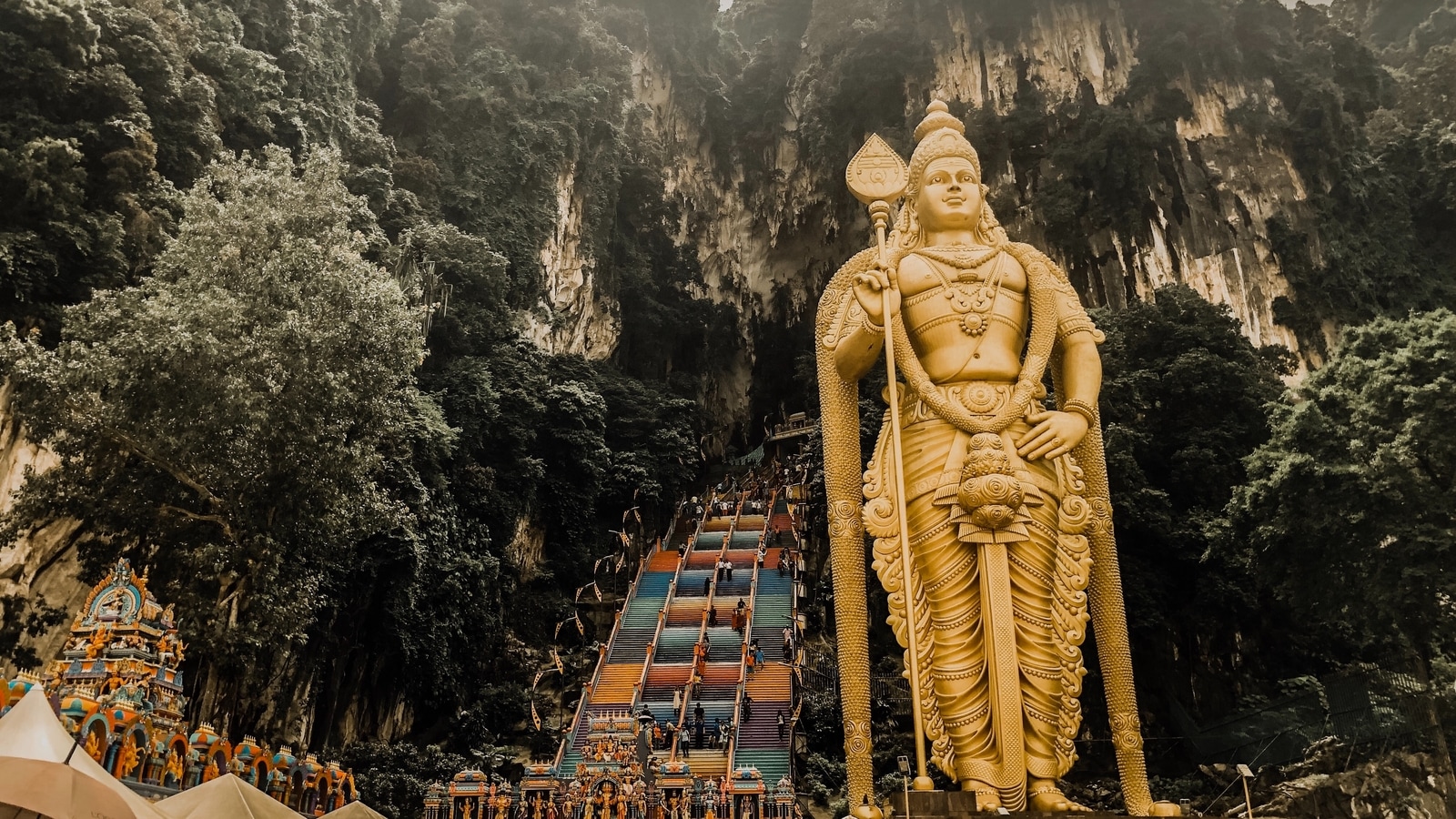Malaysia’s fascinating history and culture

Malaysia ‘s Historical Background
Early Settlements and Influences
Malaysia’s rich historical background dates back to ancient times when it served as a crucial trading hub in Southeast Asia. The early settlements were influenced significantly by Indian, Chinese, and Arab traders, shaping its cultural landscape. Key periods include:
- Malaccan Sultanate (15th Century): A golden age that established Islam’s prominence in the region.
- Colonial Period (19th Century): The British colonization marked significant changes in governance and economic practices.
With every wave of influence, Malaysia has developed a complex identity that reflects its diverse heritage. Along the way, personal stories of families tracing back to these early trades reveal the deep connections formed through centuries of cultural exchange.

Cultural Diversity in Malaysia
A Tapestry of Cultures
Building on its historical roots, Malaysia boasts a vibrant tapestry of cultures, making it one of the most diverse nations in the world. This cultural mosaic thrives on the coexistence of various ethnic groups, including:
- Malays: The largest ethnic group, known for their rich traditions and customs.
- Chinese: Contributing significantly to commerce and cuisine, they celebrate festivals like Chinese New Year with fervor.
- Indigenous Communities: From the Orang Asli in Peninsular Malaysia to the various tribes in Borneo, each has unique languages and practices.
Growing up in Malaysia, the author fondly recalls attending multicultural festivals where different communities came together to share their traditions, food, and stories. This cultural diversity not only enriches the lives of Malaysians but also fosters a sense of unity and respect among its people.

Malaysian Cuisine and Arts
A Culinary Delight
As we delve deeper into Malaysia’s cultural wealth, one cannot overlook its exquisite cuisine and vibrant arts. Malaysian food is a reflection of its diverse heritage, boasting flavors that tantalize the taste buds. Signature dishes include:
- Nasi Lemak: Often regarded as the national dish, it combines fragrant rice with spicy sambal, anchovies, and boiled eggs.
- Roti Canai: A beloved flatbread, typically served with a side of curry, is a staple for breakfast or any time of day.
In addition to its mouthwatering foods, Malaysian arts are equally captivating. Traditional dance forms like the Mak Yong and contemporary art exhibitions showcase the country’s creative spirit. Recollections of family gatherings filled with laughter over shared meals and live traditional performances highlight how food and art interweave in everyday life, uniting Malaysians across cultures.

Heritage Sites in Malaysia
Glimpses into the Past
Transitioning from the soulful experiences of cuisine and arts, Malaysia’s heritage sites serve as gateways to its rich historical narrative. These sites reflect the diverse influences that have shaped the nation. Notable locations include:
- George Town and Malacca: Both are UNESCO World Heritage Sites, known for their well-preserved colonial architecture and bustling street life.
- Batu Caves: A stunning limestone hill featuring a series of caves and cave temples, attracting both tourists and devotees alike.
Visiting these heritage sites can be a personal journey. The author recalls wandering through the streets of George Town, marveling at the intricate murals and feeling a profound connection to the vibrant history. Each site encapsulates stories that resonate with the soul of Malaysia, inviting exploration and appreciation from locals and visitors alike.

Impact of Globalization on Malaysian Culture
Embracing Change
Continuing from the exploration of heritage sites, the impact of globalization on Malaysian culture is both profound and complex. As the world becomes increasingly interconnected, Malaysia has experienced a blend of traditional values with modern influences. Key changes include:
- Cultural Exchange: The influx of international media, cuisine, and entertainment has introduced new trends, enriching local culture.
- Economic Opportunities: Globalization has opened doors for local artisans to reach broader markets, allowing them to showcase their crafts worldwide.
Reflecting on this transformation, the author recalls attending a local festival where traditional dances coexisted with modern music performances. It was a heartening reminder of how globalization has – while challenging — also enhanced Malaysia’s cultural landscape, fostering a unique identity that balances tradition with contemporary influences.




